Coco peat soil is made of coco pith that is produced from the husk that grows around the hard coconut. The husk contains both fibers and fine materials. By separating most of the fibers from the fine materials, the so-called coco pith is collected. This is also known as coir. It is widely available and a traditional liner for wire baskets.
Coir, or coconut fiber, is a natural fiber extracted from the outer husk of coconut and used in products such as floor mats, doormats, brushes, and mattresses. Coir is the fibrous material found between the hard, internal shell and the outer coat of a coconut.
Cocopeat is a natural fiber made out of coconut husks. The extraction of coconut fiber from husks gives us this byproduct called coco-peat, which is a 100% natural growing medium. This cocopeat dried in the natural sun is processed to produce different items namely cocopeat block, coco peat briquettes, cocopeat tablets, etc.
Coco peat soil is made from the pith inside a coconut husk. It is naturally anti-fungal, making it an excellent choice to start seed but it is also used in rugs, ropes, brushes, and as stuffing. Coco peat gardening is also used as a soil amendment, potting mix, and in hydroponic production. Coco coir is so environmentally friendly that it is reusable. You just need to rinse and strain it and it will work perfectly again. In a comparison of coco peat vs. soil, the peat retains much more water and releases it slowly to plant roots.
Qualities of Coco Peat Soil
The coco peat we supply has been aged, washed, and buffered.
Because coco pith has a negatively charged complex, there are positively charged ions primarily consisting of sodium and potassium on this complex.
This doesn’t cause many problems to start with, because these elements are locked in the complex and therefore not available to the plant root. When fertilizing with calcium or magnesium, the calcium will take the place of the sodium and potassium in the complex and make these available to the plant root. To prevent this highly unwanted situation the coco pith is buffered. During this process, the ions are exchanged and the excess of sodium and potassium are washed.
- Aging: To guarantee the stability of the cocopeat the coco pith has been aged before further treatment. Aging is done to avoid problems with breaking down the cocopith and to improve the stability and reliability of your growing medium.
- Washed: To avoid surprises with high ECs, the EC is washed down to less than 1,0 mS/cm in 1:1,5 dilution.
How to grow plants using coco peat soil
-
Break apart packaged bricks of coco peat into a large bucket with your hands, using as many bricks as needed. Each one-third cubic foot brick of coco peat makes 4 quarts of planting material. Don’t break more than four bricks per five-gallon bucket to ensure you have room for mixing.
-
Add 1 gallon of warm water to the broken-apart coco peat for each brick you’ve used. Leave the coco peat to absorb the water for two hours, or longer, depending on your brand of coco peat.
- Cocopeat is light, easy to handle, and can even be reused for up to 4 years.
- The physical and biochemical properties of cocopeat make it resistant to bacterial and fungal growth.
- Cocopeat disintegrates slowly. It only begins to break down when it is ten years old, thus providing long-term benefits.
- It has a pH of 5.2 to 6.8 which is neutral to slightly acidic. This makes it great to be mixed with alkaline garden soil. Read about soil pH & its effect on plant growth.
- It can store and release nutrients to plants for extended periods of time.
- It has great oxygenation properties which are important for healthy root development.
- Cocopeat can be combined with any of the usual ingredients like soil and manure to be used as a mixture or a stand-alone product.
- The product is available at an affordable price for a quality product with an environmentally sustainable future.
- It is a perfect soil conditioner, and it can retain moisture up to eight times its volume. It is entirely organic.
- Cocopeat is consistent and uniform in texture, and easy to handle. Unlike soil, it does not form any mud.
More at Farmsquare Nig

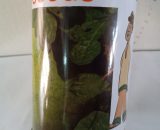
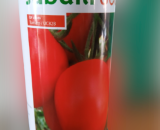




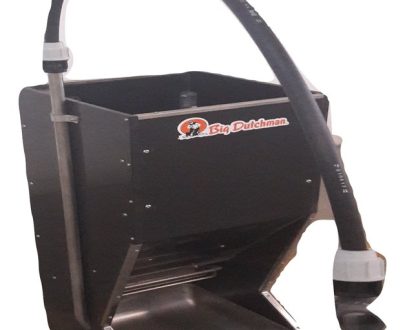
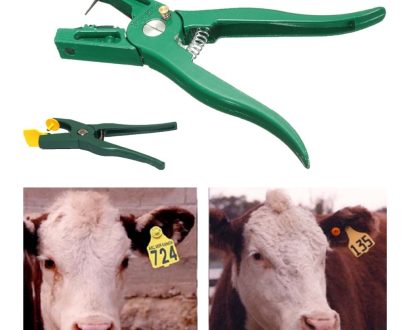

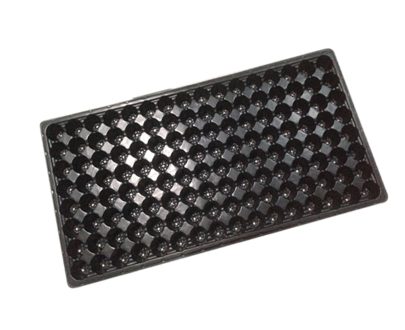
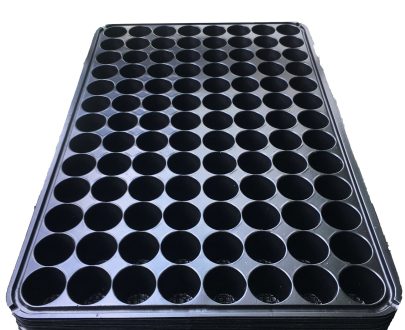


Customer reviews
Reviews
There are no reviews yet.
Only logged in customers who have purchased this product may leave a review.